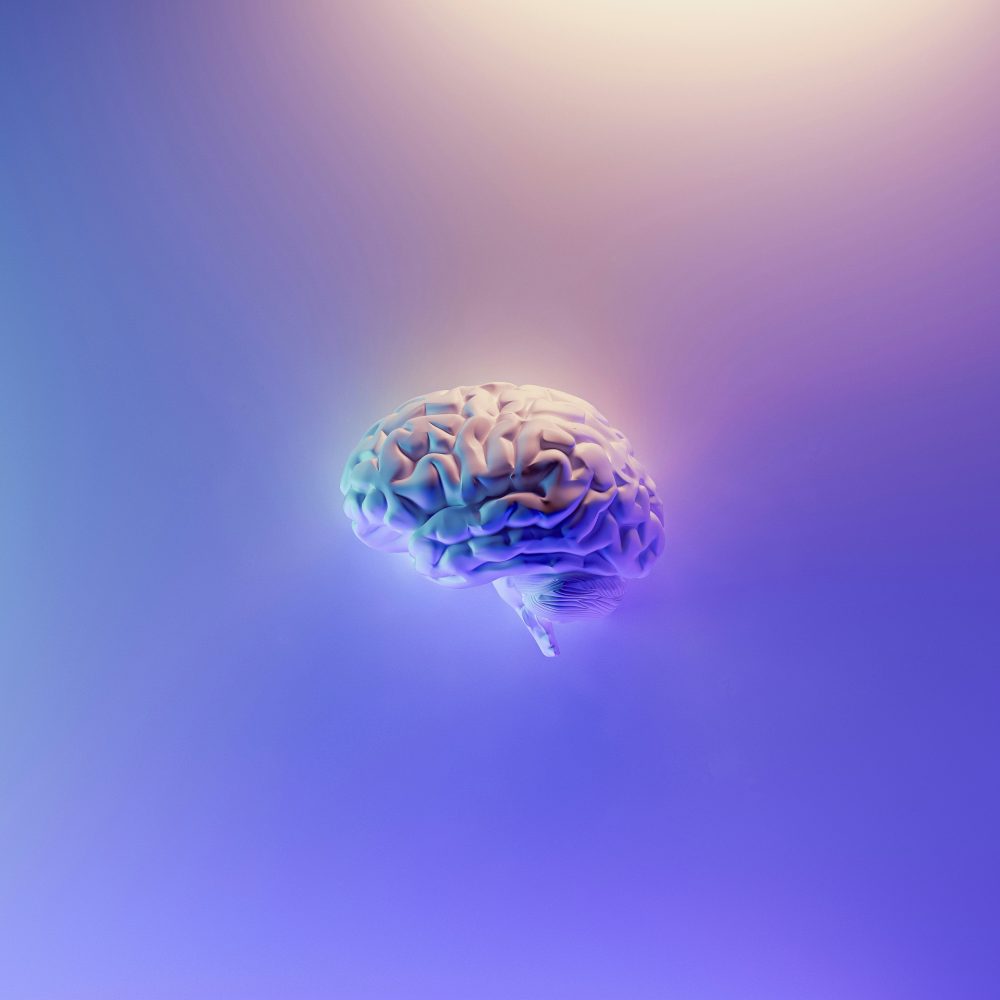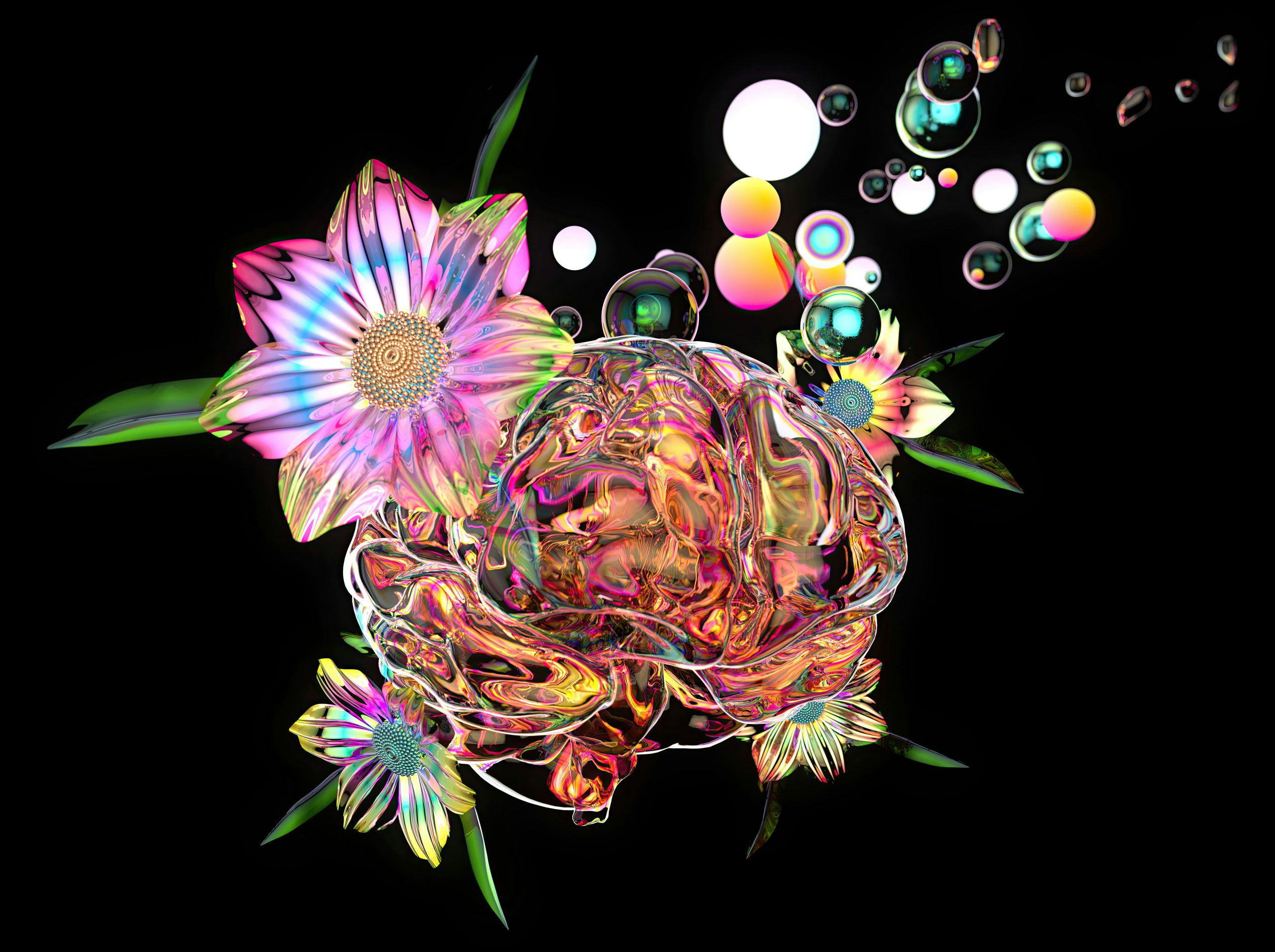This is the most common question regarding the illicit substance. Whether you’ve tried them before, or are simply wondering what all the hubbub is about, you want to know what years of use will do to the brain. As it’s considered a schedule 1 substance, right along side cannabis and….heroin(??), people want to know why it’s so popular yet so illegal. But most of all – people want to know why psilocybin is so revered. We discuss all things psilocybin regularly here, but news is always changing. It’s time to give an update on this. And the latest is: the long-term effects of psilocybin are being questioned because the short term effects finally being recognized as revolutionarily beneficial.
The unfortunate truth is – there’s not enough data to tell us certainly what the long-term effects are. (Thanks, Nixon.) However, there are numerous resources available that provide credible perspective and insight that allow us to make educated deductions. For example, Have A Good Trip, a Netflix documentary, features testimonies from avid psychedelic users such as Sting, Carrie Fisher and Anthony Bourdain. It also features celebrities who had “bad trips”, offering their perspectives of the potential adverse effects. Even then, the factors that instigated the “bad trip” could be attributed not to psilocybin itself, but more to the way the substance was taken, the environmental scenario, and other details. Again, we can only speculate. So, let’s get into all the things we know as fact, and then some things we know as perception. You can be the judge.

Credit to Pretty Drugthings
Long-Term Effects of Psilocybin
First, let’s talk about why magic mushrooms are illegal in the first place. It’s a long, convoluted history, so we’ll bullet point the facts:
- In 1968, the US outlawed psilocybin and psilocin, classifying them as Schedule I drugs. The Nixon administration banned magic mushrooms and other psychedelics to disrupt and oppress the president’s political enemies. By criminalizing both, they could arrest their leaders, raid their homes, and break up their meetings.
- Recent scientific research and centuries of ritualistic use show promise in treating alcoholism, schizophrenia, autism, OCD, depression, and other disorders.
- American psychonauts have been cultivating psilocybin mushrooms for decades, but recent efforts to legalize or decriminalize them are gaining traction. If successful, this could end the War on Drugs.
Now we have some context as to why shrooms are illegal. It’s been confirmed numerous times that its illegality has little to do with the actual substance, and more so a gross political agenda. Here’s what we know about the long-term effects of psilocybin as it stands today.
Enhanced Emotional Well-being:
Several studies suggest that psilocybin may have long-lasting positive effects on emotional well-being. Research has shown that individuals who have undergone psilocybin-assisted therapy report reduced anxiety, depression, and improved mood. These effects may persist for months or even years after a single session. However, it is crucial to conduct more extensive research to understand the mechanisms behind these long-term benefits.
Personality and Attitude Changes:
Some studies have indicated that psilocybin use may lead to changes in personality traits and attitudes. These changes often include increased openness, creativity, and a greater sense of interconnectedness. However, it is important to note that individual experiences can vary, and not everyone may experience these changes. Further research is needed to determine the extent and duration of these effects.
Spiritual and Mystical Experiences:
Psilocybin has been known to induce profound spiritual and mystical experiences. These experiences often involve a sense of unity, transcendence, and a connection to something greater than oneself. Research suggests that these experiences can have a lasting impact on an individual’s worldview, leading to increased spirituality and a greater sense of purpose in life.
Improved Cognitive Function:
Preliminary studies have suggested that psilocybin may have potential cognitive benefits. Research has shown that psilocybin can enhance creativity, problem-solving abilities, and increase the flexibility of thinking. However, more research is needed to understand the long-term effects of psilocybin use and its potential benefits for various cognitive disorders.

Credit to Milad Fakurian
Safety Considerations:
While psilocybin is generally considered safe when used in controlled settings and under professional guidance, it is essential to acknowledge potential risks. Psilocybin can induce intense psychological experiences, and individuals with a history of mental health conditions should exercise caution. Additionally, the use of psilocybin in unsupervised or recreational settings may increase the risk of adverse psychological reactions.
The long-term effects of psilocybin use are still being explored, and current research suggests potential positive impacts on emotional well-being, personality changes, spiritual experiences, and cognitive function. As research progresses, psilocybin may hold promise as a valuable tool for various therapeutic interventions, but it should always be used responsibly and under professional guidance.








